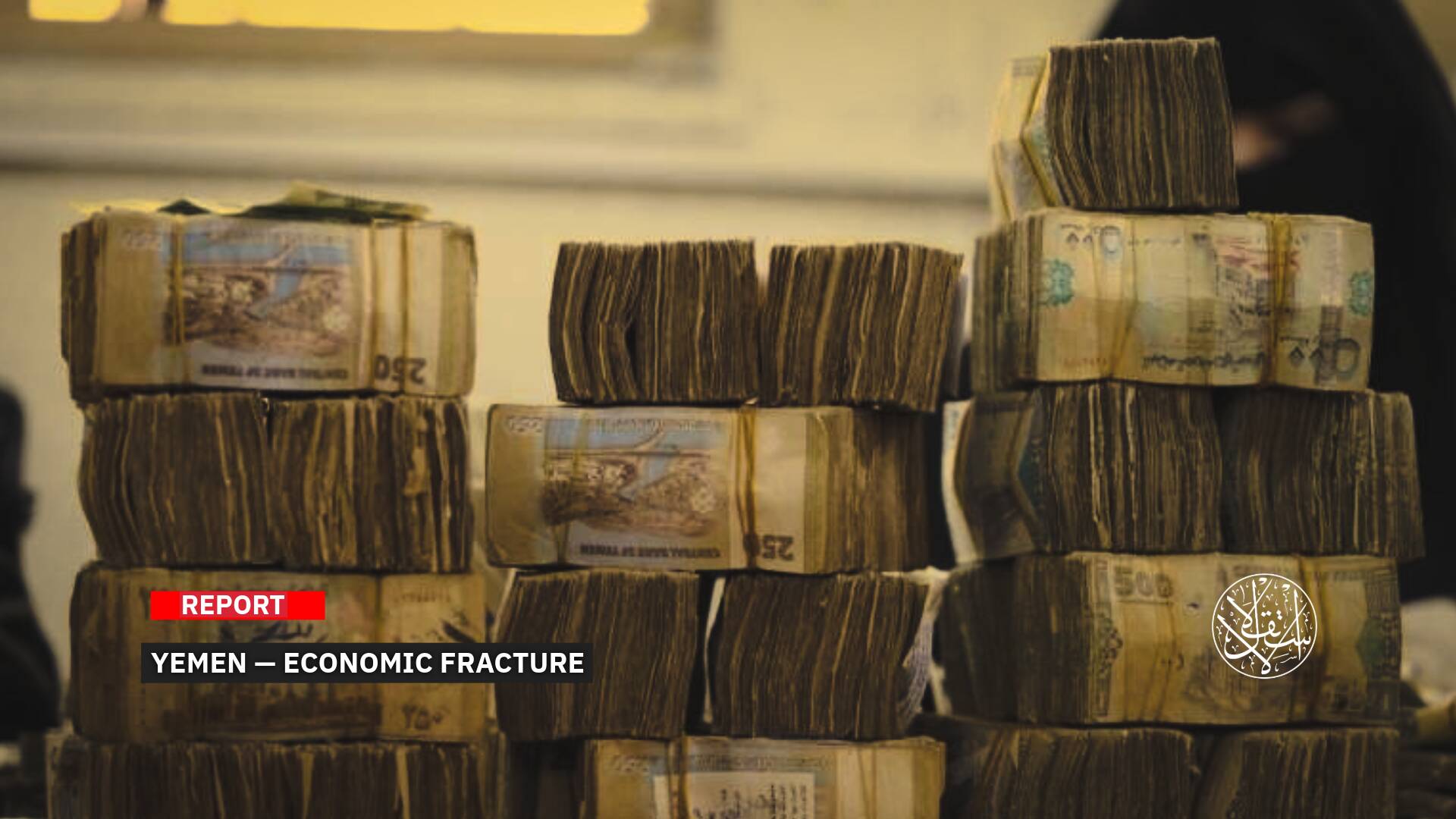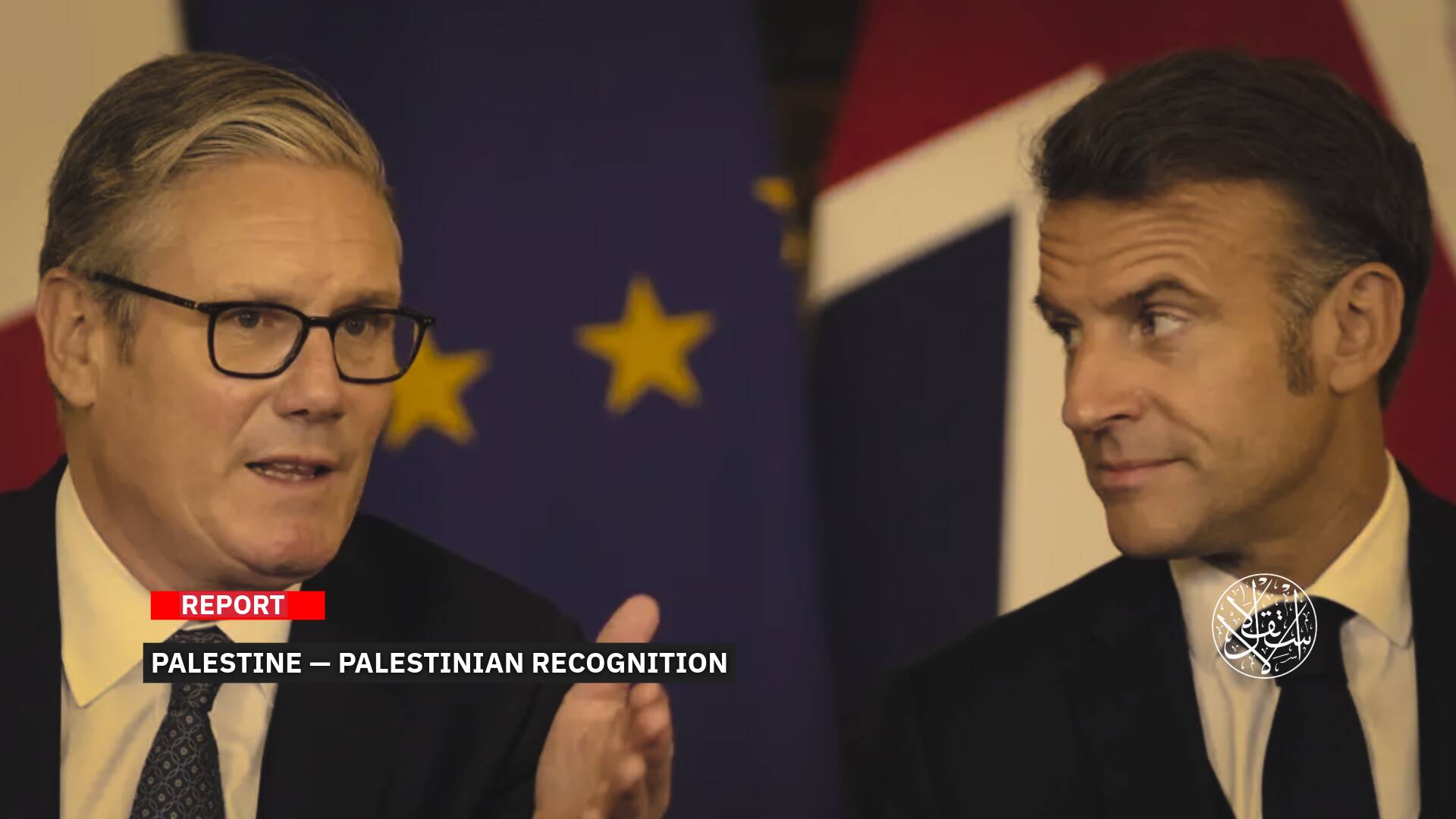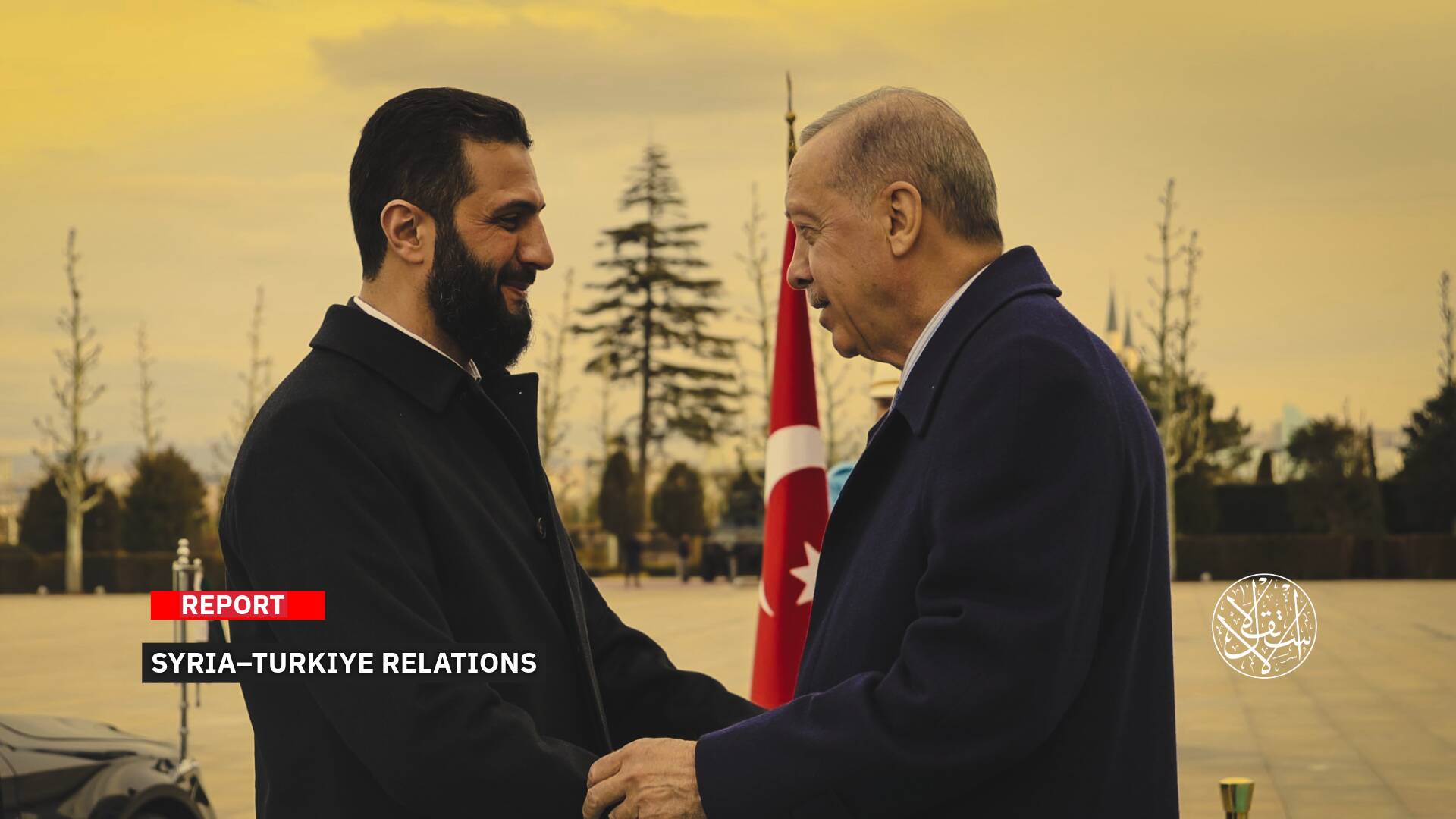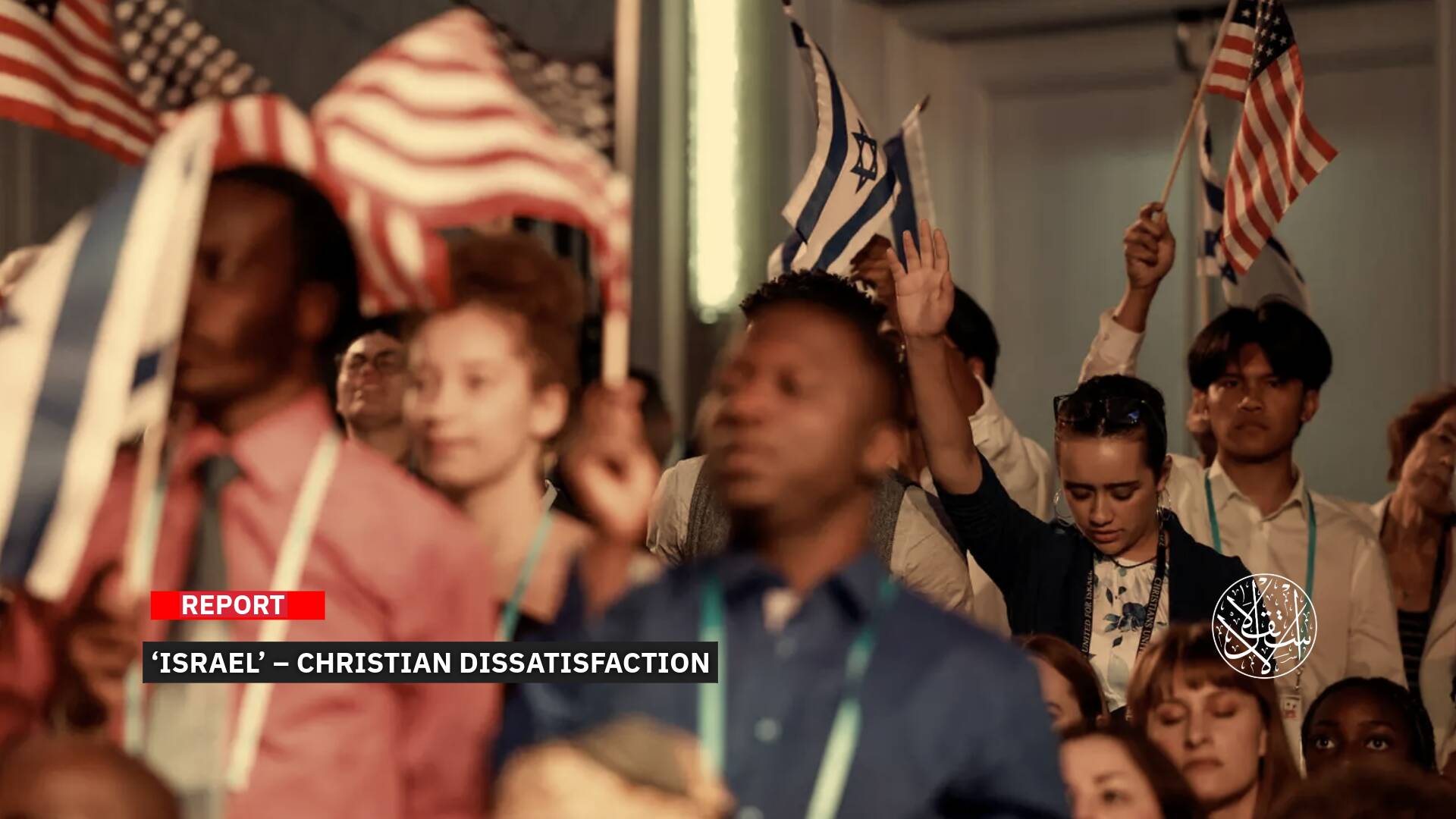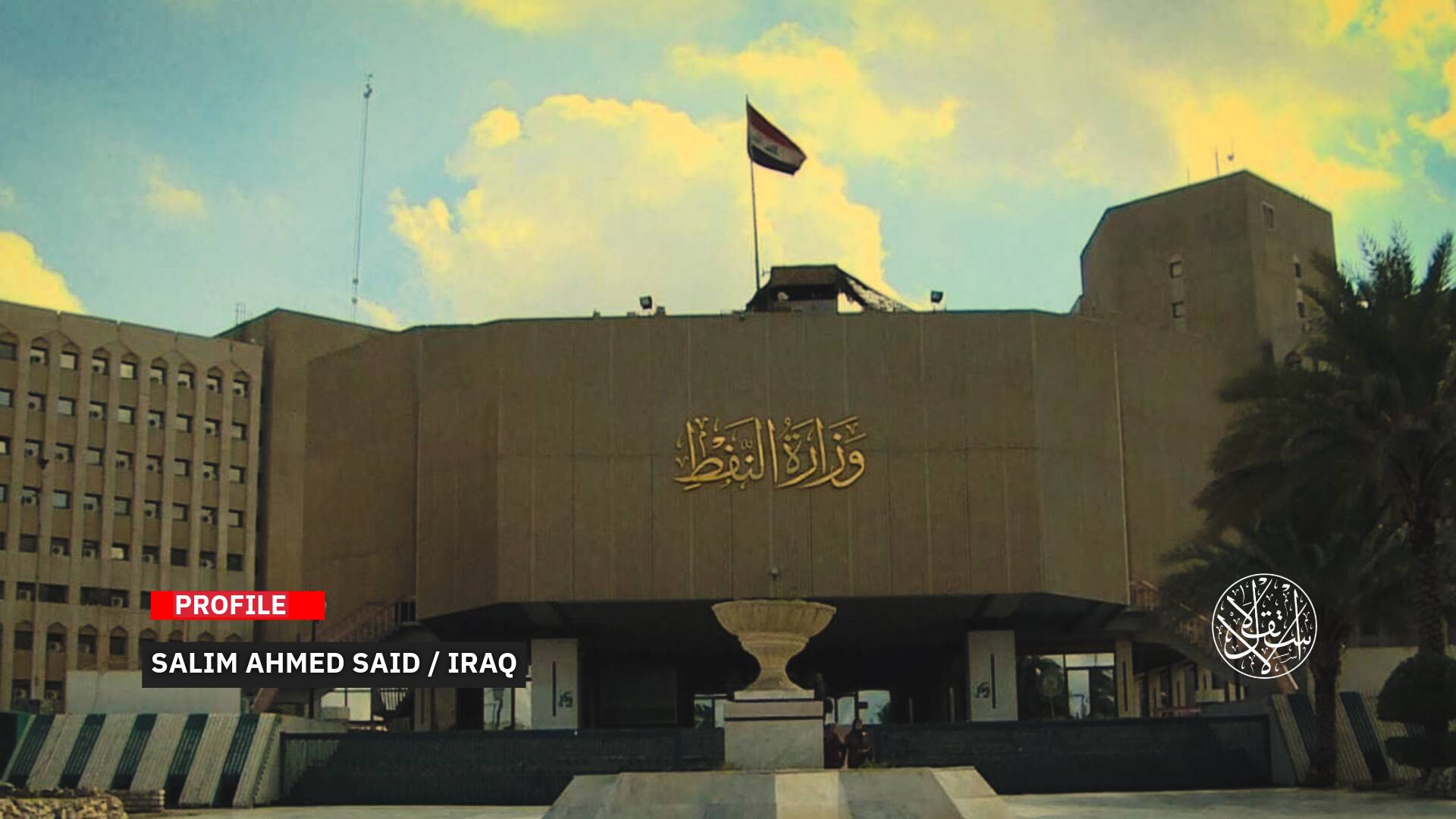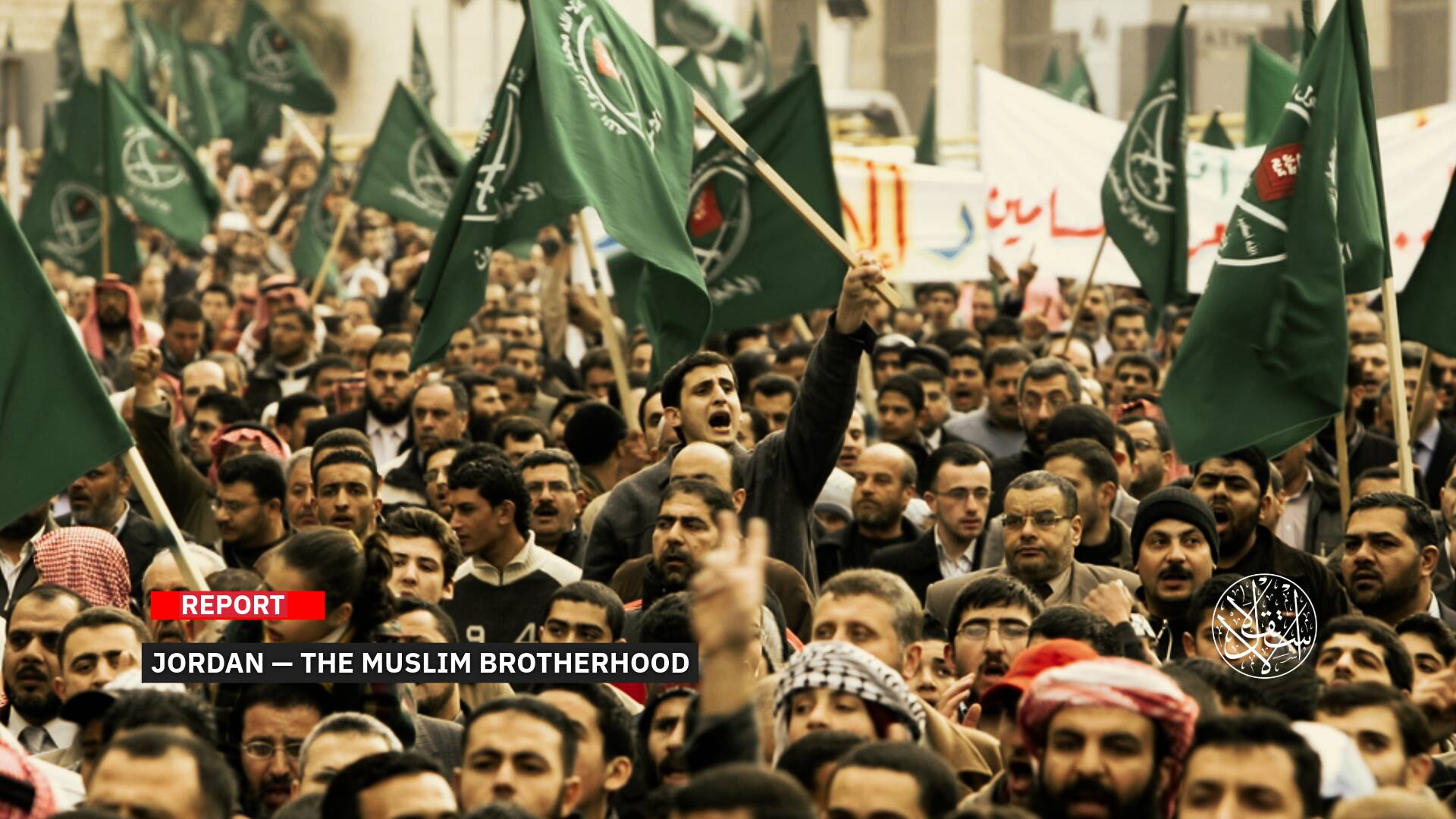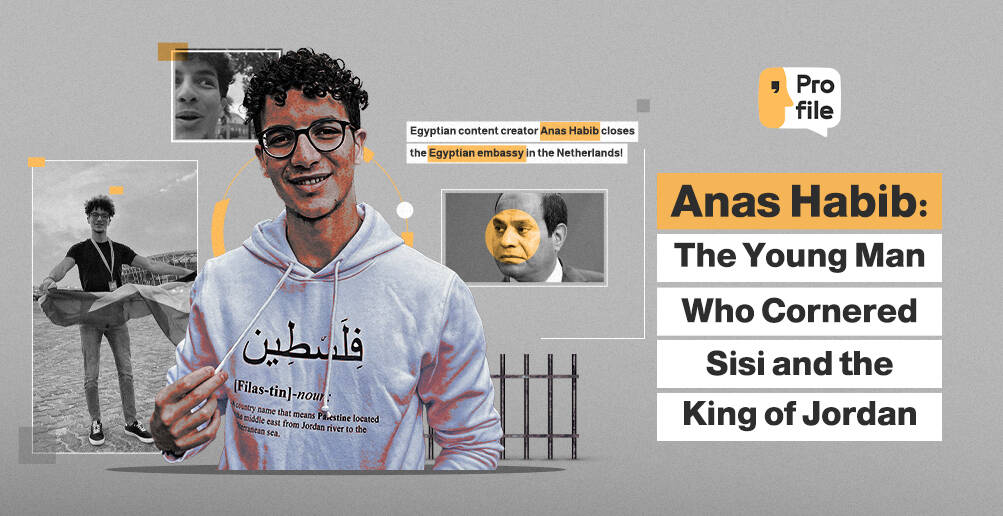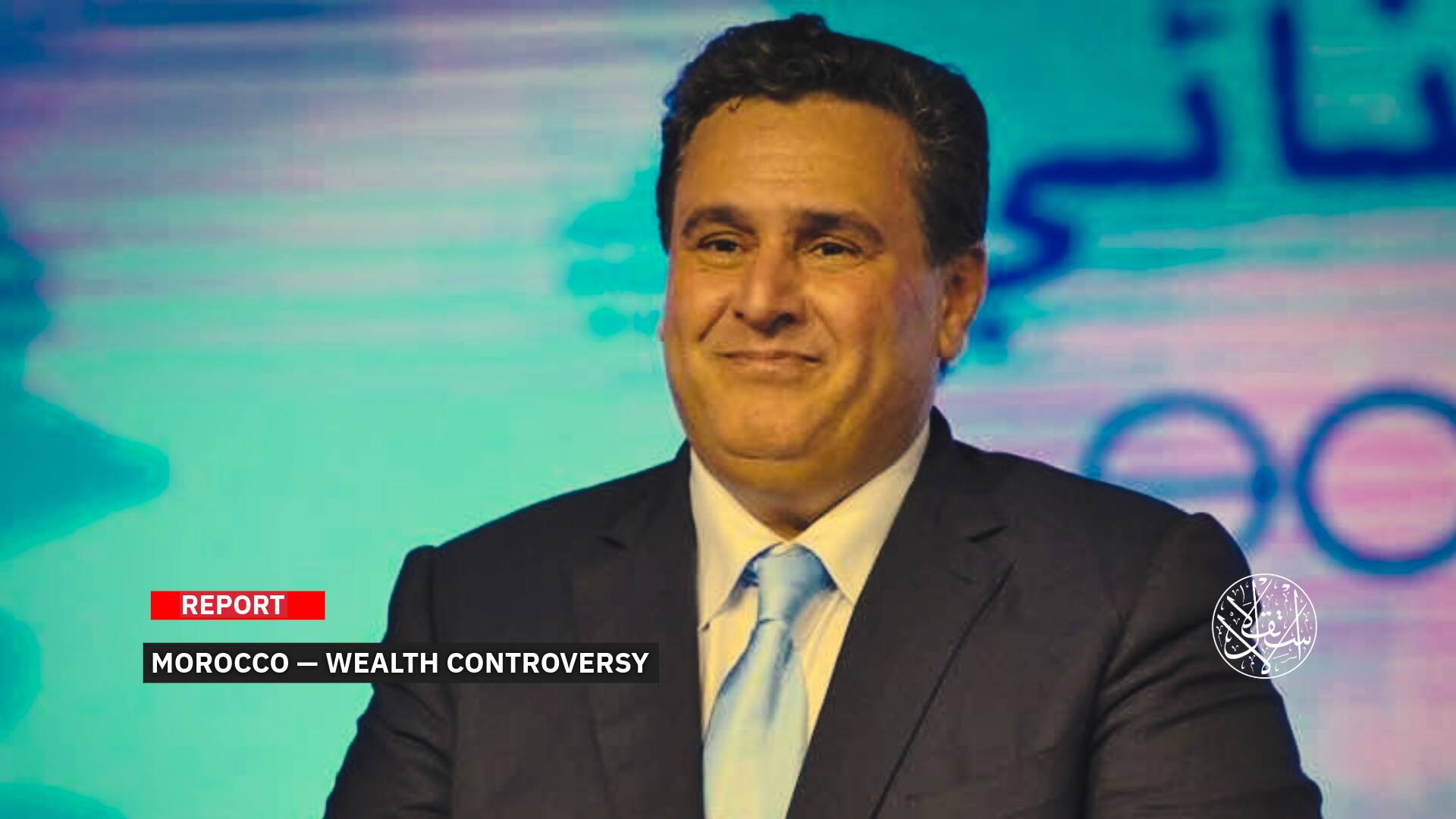How Will Saudi Arabia Benefit from Elon Musk’s Acquisition of Twitter?

On November 8, The National Interest published an article by its editor Blaise Malley saying that Democratic Senator Chris Murphy has invited the Committee on Foreign Investment in the United States (CFIUS) to investigate the national security implications of US billionaire Elon Musk’s acquisition of Twitter for $44 billion.
Malley explained that Murphy’s concerns stem from the fact that Saudi Arabia, through a holding company, will control a large share of the social media platform.
Prince al-Waleed bin Talal, chairman of the holding company, said it would retain ownership of Twitter’s shares, which are currently valued at $1.89 billion. After Musk’s purchase was completed, Kingdom Holding Company (KHC) became Twitter’s second-largest investor.
According to a letter Murphy sent to Treasury Secretary Janet Yellen, the governments of Saudi Arabia and Qatar together own 5 percent of the platform. Murphy later revealed to Politico that if the intergovernmental committee did not want such an investigation, he would instead call for an investigation within Congress.

Biden’s Concerns
Liberals worry about this deal for two reasons: the increasingly turbulent relationship between the United States and Saudi Arabia following OPEC’s recent decision to cut oil production, and the concerns about what Musk’s ownership of the future of Twitter means.
After the Saudi-led OPEC+ announced an oil production cut in October that ran counter to US President Joe Biden’s wishes and indirectly aided Russian President Vladimir Putin in invading Ukraine, some analysts suggested that one of the driving forces behind the decision was the desire to weaken the US president and boost the chances of electing a more pro-Saudi Congress this week, with the ultimate goal of facilitating Donald Trump’s path to the White House.
Malley believes this may have been part of what inspired Murphy’s recent claim that the Saudis have a clear interest in influencing US policy.
The senator puts the potential Saudi influence on Twitter as part of a dangerous trend on national security where two of the most widely used social media platforms by Americans, TikTok and Twitter, will be at least partially owned by China and Saudi Arabia.

Malley adds that Democrats like Murphy are right to worry about what potential Saudi control of the social media platform might entail.
The Saudi regime is one of the most repressive in the world, and as Murphy points out in his letter to Yellen, the kingdom is willing to impose even its restrictive approach to dissent beyond the kingdom’s borders, most tragically because of the murder of Washington Post journalist Jamal Khashoggi.
In October this year, Saudi Arabia sentenced a US citizen to sixteen years in prison for tweets critical of the Saudi government.
Perhaps Murphy prompted this review because of the broader left-liberal concern about Musk’s control over Twitter.
Upon his acquisition of the platform, Musk, who describes himself as a fierce supporter of free speech, vowed to restore Twitter’s commitment to free speech. Many conservatives on Twitter treated Musk as a liberal, but for others, Musk’s ownership could lead to an increase in hate speech and the potential spread of conspiracy theories related to the coronavirus or the results of the 2020 presidential election.
Some have suggested leaving the platform altogether and joining alternative platforms, such as Mastodon.
We should be concerned that the Saudis, who have a clear interest in repressing political speech and impacting U.S. politics, are now the second-largest owner of a major social media platform.
— Chris Murphy (@ChrisMurphyCT) October 31, 2022
There is a clear national security issue at stake and CFIUS should do a review.
Elon Musk and Saudi Arabia
Malley asserts that early evidence from the Musk era points to an erratic approach to leadership and an inconsistent commitment to freedom of expression.
Nearly half of the company’s employees were fired a few hours after taking office, although he now seems to want some of them back to work.
Musk’s most dramatic change was the so-called Twitter-blue, a premium account worth eight dollars a month that contains certain privileges and replaces the verification status that many journalists, politicians, and celebrities currently enjoy.
After users began changing their page images to those of the new owner to mock him, Musk announced that from now on, any accounts involved in impersonation would be closed.
To reinforce concerns about what his ownership might mean politically, Musk also got into the midterm election battle on Monday, urging his followers to vote for Republicans, ostensibly to prevent Democrats from controlling both the White House and Congress and curb the excesses that come with that power.
Malley concludes that it is not clear whether Saudi Arabia can exert influence in Twitter’s operations to silence government critics or other activists, or to spread disinformation campaigns, as Murphy fears. However, concerns about the political agendas of Twitter’s two biggest shareholders won’t be easily silenced.
If this deal goes through, two of the most important U.S. social media platforms will be owned, in whole or in part, by China (TikTok) and Saudi Arabia (Twitter).
— Chris Murphy (@ChrisMurphyCT) October 31, 2022
This is a dangerous trend, and we don't have to accept it.
‘Weaponizing’ Twitter
In 2019, the US government said in federal charges that were unsealed that the Saudi Arabian government trained two Twitter employees to access the personal data of dissidents on its behalf.
Ali al-Zabarah, a former site reliability engineer, and Ahmad Abouammo, a former media partnerships manager, were accused of operating as agents of a foreign government without informing the American attorney general, together with a third man.
Both the American citizen Abouammo and the Saudi national al-Zabarah left the business in 2015. The Washington Post reports that this is the first time that American prosecutors have officially accused the Saudi kingdom of employing spies in the United States.
“We will not allow US companies or US technology to become tools of foreign repression in violation of US law,” US Attorney David Anderson said of the charges.
FRONTLINE examined how MBS’s administration has embraced Twitter as a means of stifling dissent and attacking opponents of The Crown Prince of Saudi Arabia. The New York Times reported that al-Zabarah was being looked into as a possible Twitter mole.
In a segment from its film, cybersecurity expert Bill Marczak, who has followed Saudi digital operations, says, “It’s the first case we’ve heard of something like this,” and goes on to explain how the corporation alerted those who might be impacted.
“This was the first time that Twitter had ever sent out one of these, you know, ‘state-sponsored threat messages’ saying, ‘Oh, some nation-state is trying to access your account,’” he added.
With the largest population of Twitter users in the Middle East and a majority of the population under the age of 30, Twitter plays a significant role in the discourse in the kingdom. MBS aimed to use the well-liked platform as a means of tightening his hold as soon as he was appointed crown prince.
“MBS began to realize that shaping the debate on Twitter, manipulating the debate, intrusively watching what people were writing and thinking, was going to be part of how he would control power,” David Ignatius of The Washington Post told Smith.


